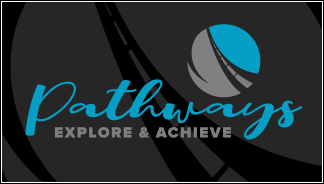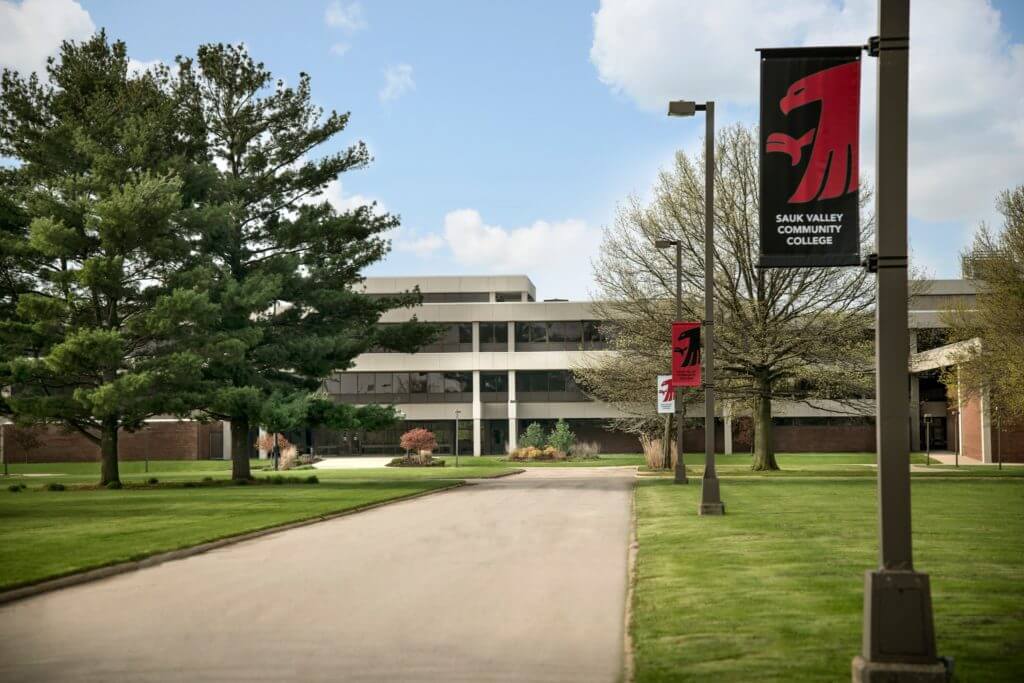To help combat the teacher shortage, Sauk Valley Community College is offering every student entering the college with a College and Career Pathway Endorsement (CCPE) a $100 credit. Sauk Valley is the first community college in the State to offer an award based on the CCPE and joins Northern Illinois University, Golden Apple, and the Minority Teachers in Illinois program in recognizing the value of the endorsement. The award can be used for books or tuition.

“As we started to align the education pathway to the endorsement requirements, the question was continually put out, ‘Why would a student want to invest in this? Why would they want to do the extra work?’ Our administration has stepped up and said, this work has value and we’re going to demonstrate that with a credit. So, I couldn’t be more pleased that our community college is leading the way,” says Janis Jones, College and Career Readiness Facilitator at Sauk Valley Community College, who also notes that the college is continuing to explore additional ways to reward students who have earned the CCPE.
“The incentive shows that Sauk Valley Community College is invested in the work and willing to support those efforts with our students,” says Anji Garza, Director of Professional Learning, Lee-Ogle-Whiteside ROE 47. “Together with dual credit, awards like this can eliminate some of our students’ barriers to a postsecondary career. As a result of the announcements from Sauk Valley Community College as well as NIU and Golden Apple, people are talking now about the value of earning an endorsement, and we will continue building on these efforts.”
Expanding the Education Pathway in Sauk Valley
Even more students in the Sauk Valley region can take advantage of the new CCPE currency, as a new grant award will allow five new districts and an alternative high school to develop an education pathway. In March 2021, the Illinois State Board of Education awarded MORE (Making Opportunities Real for Everyone in the Mississippi and Rock River Regions)—a partnership that includes SVCC—its education pathway grant. The four-phase grant cycle, totaling $747,000, will support work with area northwestern Illinois partners Ashton-Franklin Center High School, Amboy High School, Prophetstown-Lyndon-Tampico High School, Sterling High School, Forreston High School, Center for Change Alternative High School, ROE47, and Sauk Valley Area Chamber of Commerce.
This is the second education pathway grant awarded to MORE. Districts participating in the first grant include Morrison High School, Fulton High School, Dixon High School, Rock Falls High School, and Whiteside Area Career Center.
MORE is a Leadership Community in the Illinois 60 by 25 Network and a 2019 cohort participant in Scaling Education Pathways in Illinois (SEPI), an initiative of EdSystems.
The Backstory: Developing College and Career Readiness Across the Region
The scholarship announcement and grant awards are an important milestone marker for the MORE partners, who have collaborated around college and career readiness for the past eight years. Anji says the partners’ conversations started at a basic level, bringing postsecondary partners and area districts together at the same table to talk about bridging the gap between secondary and postsecondary. “But the turning point was when we started looking at a new piece of legislation called the PWR Act, which helped provide a laser-like focus to our work and our conversations. Now we have this framework to be thinking about, really intentionally, what we need to do in terms of partnerships and a scope of work to help students be successful and to grow the health and vitality of our communities.”
As a result, secondary and postsecondary partners developed a Postsecondary and Career Expectations (PaCE) framework, which includes a K-12 system of career exploration and conversations about college and career readiness and soft skills, and built a transitional math curriculum. Now, MORE partners are working together to create transitional English courses.
In addition, with the support of ISBE funding and technical assistance from EdSystems, MORE is actively pursuing College and Career Pathway Endorsements in the areas of manufacturing, agriculture, and education. “The data told us that we needed to focus on these three pathways first,” says Anji. “So, we started having conversations about systems and we brought together various stakeholder groups, which has helped our partnership grow to now include industry leaders, chambers of commerce, and four-year institutions. I really think that is to the benefit of our community because we are collectively impacting not only our students but our families and our industries in the Sauk Valley service area.”
The partners are thinking long-term about the impact of their efforts. “We’re now building a data system to house and track students who are on the education pathway, as well as our additional pathways,” says Janis. “Our partnership team in education has created surveys and ways to collect data on students and their success, their barriers, and we’ll embed all of that within a system so districts can analyze what’s working and how we can improve.”
“We’re excited to really track over the next several years if what we’re doing is truly making a difference,” adds Anji, who notes that partners will continue relying on formative data to focus on continuous improvement efforts and long-term outcomes. In the meantime, Janis is already seeing early signs of success. “The fact that we were able to reach out to additional districts for a second round of the education pathway grant and we had six new districts jump on shows that, anecdotally, there is value in this work.”



